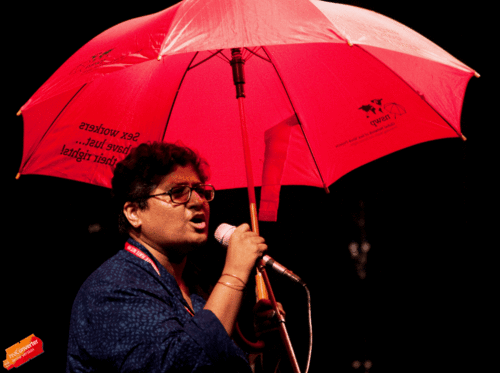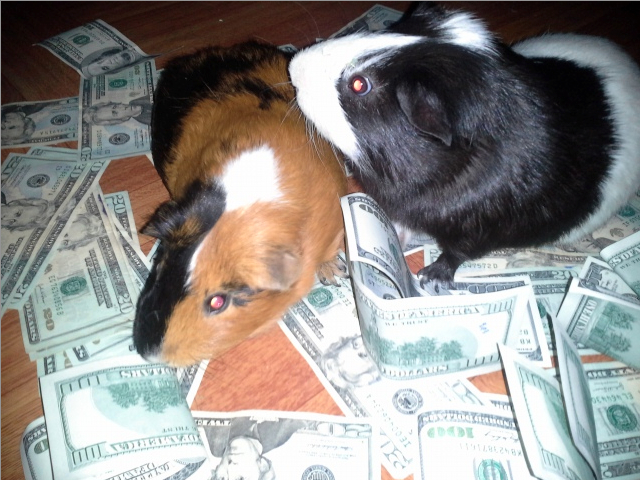While Western-led feminist groups such as Equality Now continue to conflate consensual sex work with trafficking and violence, where do sex workers themselves fit into concepts of feminism and gender equality, especially if they live in countries like India? “When you are coming from a place like India, you have the whole caste system, stigma… Continue reading Equality Now, Or Else?
Quote of the Week
I never allowed myself to depend on one client entirely . They had to understand that their money was not the commodity—I was the commodity, and they could only buy access to me if I was willing to grant them the transaction. Arden Leigh about her time as a pro-domme in The New Rules of Attraction
The Week In Links—November 29
Sixty French celebrities, including Belle De Jour star Catherine Deneuve, signed a petition to protest a bill in France Parliament that would impose fines on the clients of sex workers. Thus, admirers of Deneuve can continue their fangirling without the bite of political guilt. Meanwhile, France 24 puzzles over the resounding silence around the issue… Continue reading The Week In Links—November 29
Dancing at the Blue Iguana (2000)
I’ll confess that Dancing at the Blue Iguana is a special film to me. Over ten years ago, I naively watched this film as research before I finally decided to join the ranks as a card carrying exotic dancer. “Oh God,” I remember thinking after watching it. “Can I really do this?” Dancing at the… Continue reading Dancing at the Blue Iguana (2000)
Guinea Pigs & Greenbacks
Hi t&s, Just thought I’d send something a little different. Enclosed is a photo of my two precious piggies with last night’s earnings. After seeing a client (I am a escort), I got a drink at the hotel’s bar to unwind. There I met a man with whom a friendly chat ended in another job… Continue reading Guinea Pigs & Greenbacks


